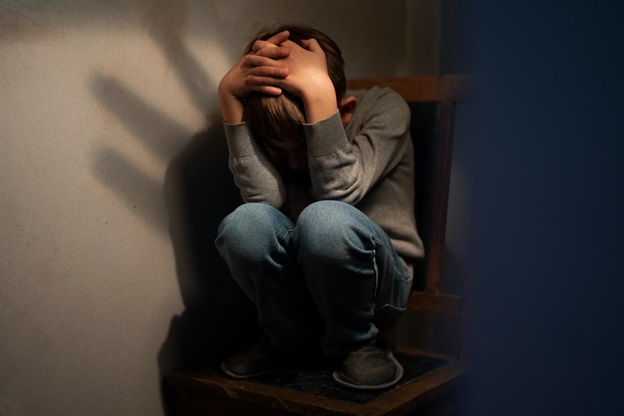Emotional Impact of Childhood Trauma

Childhood is a foundational stage in human development where experiences can profoundly affect an individual’s future.
Experiencing trauma at a young age can significantly affect a child’s mental and physical health. When children face deeply distressing or disturbing events, it can leave long-lasting impressions on their well-being.
When a child experiences trauma, particularly child sexual assault, the emotional consequences can be severe and long-lasting. It is essential to recognize the signs and provide support to mitigate these impacts.
Recognizing the Signs of Trauma in Children
Children who have experienced trauma might not always express their feelings directly. Instead, their distress may manifest through changes in behavior or emotional states. Common signs include:
- Withdrawal from friends or family
- Sudden drops in academic performance
- Changes in sleeping or eating habits
- Unexplained fears or increased anxiety
- Regressive behaviors, such as bedwetting
Parents, teachers, and caregivers must be attentive to these signs. Early intervention can play a crucial role in helping a child recover and regain a sense of normalcy.
The Role of Supportive Adults in Recovery
The presence of a supportive adult can make a significant difference in the healing process for a traumatized child. These adults can be parents, teachers, counselors, or any trusted individual in the child’s life.
Their role is to provide a safe environment where the child feels valued, heard, and protected. Supportive adults should:
- Listen actively and empathetically
- Reassure the child of their safety and security
- Encourage expressions of emotions in various forms, like art or writing
- Seek professional help if necessary
Therapeutic Approaches to Healing
Several therapeutic approaches can be effective in helping children who have experienced trauma. These therapies are designed to help children process their experiences and develop healthy coping mechanisms.
Some commonly used therapies include:
- Cognitive Behavioral Therapy (CBT): Helps children identify and change negative thought patterns.
- Play Therapy: Uses play as a way for children to express their emotions and experiences in a safe environment.
- Art Therapy: Allows children to express their feelings through creative activities, which can be particularly useful for those who find it hard to verbalize their emotions.
Caregivers need to consult with professionals to choose the most appropriate therapy based on the child’s individual needs.
Building Resilience and Moving Forward
While the journey of recovery from trauma can be challenging, building resilience is crucial for the child’s long-term well-being. Resilience involves developing the ability to cope with adversity and bounce back from difficult experiences.
Caregivers can help build resilience by:
- Encouraging healthy relationships with friends and family
- Promoting a routine that includes physical activities and hobbies
- Teaching problem-solving skills and how to set realistic goals
- Providing unconditional love and support
Conclusion:
The trauma resulting from child sexual assault can deeply affect a child’s emotional health and development. However, with the right support and therapeutic interventions, children can overcome these challenges and lead fulfilling lives.
It is our responsibility as a society to ensure that children have access to the resources and support they need to heal and thrive after such traumatic experiences.

